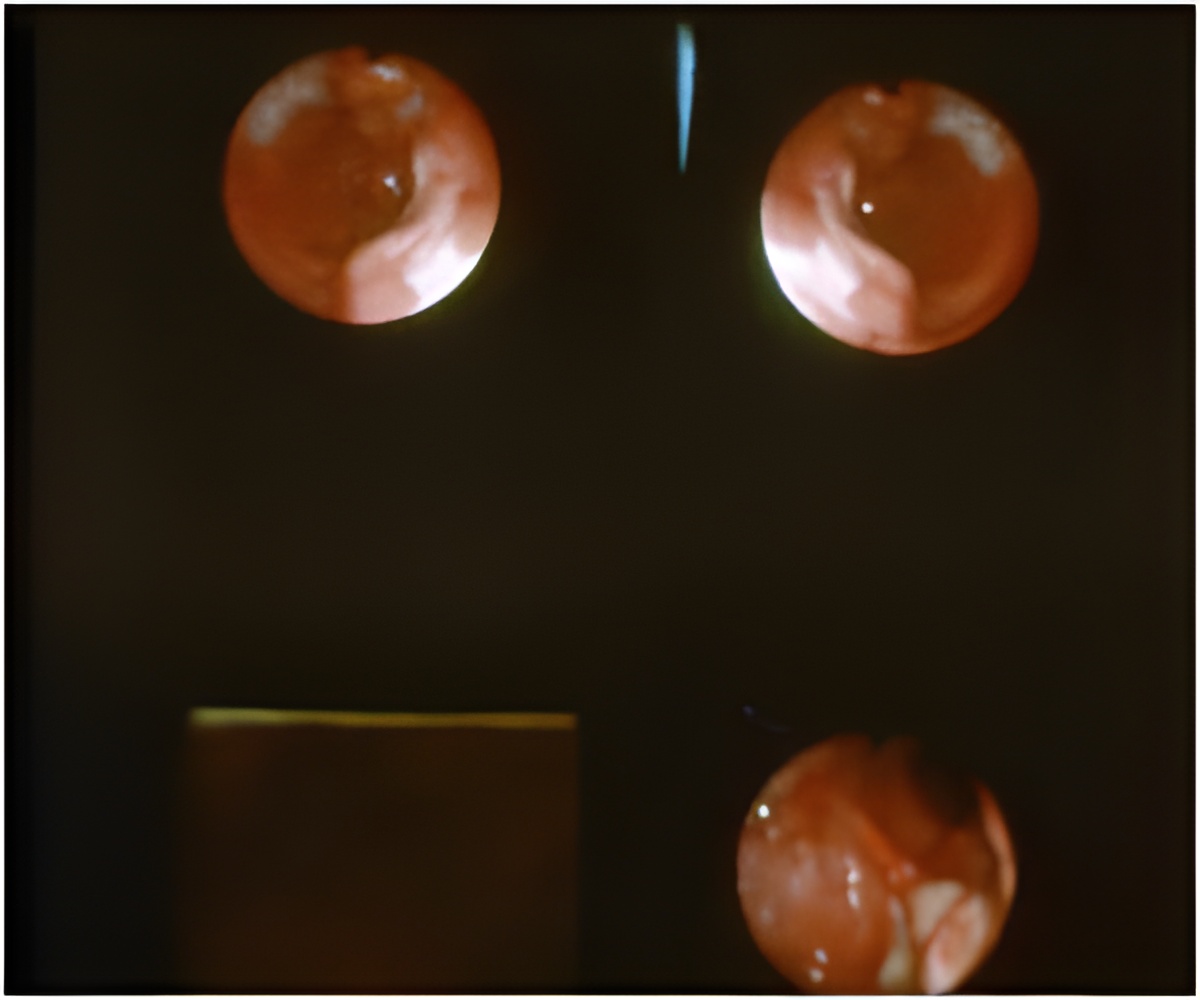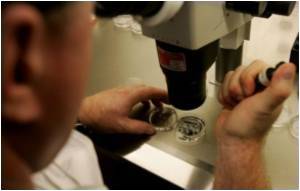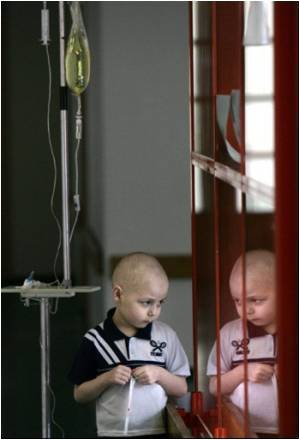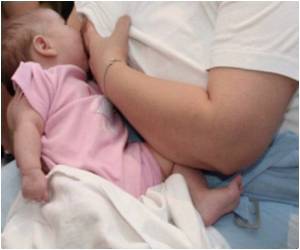Patients who received therapy for cancer during childhood have an increased risk of developing gastrointestinal (GI) complications later in life, according to a new study in Gastroenterology&

As more children diagnosed with cancer are surviving long-term, it is increasingly important to recognize the long-term consequences of their cancer and its therapy. This analysis shows that survivors of childhood cancer have a higher incidence of self-reported GI complaints compared with their siblings. Risks for colostomy/ileostomy, cirrhosis or liver biopsy were highest. Older age at diagnosis, exposure to abdominal radiation and certain chemotherapy treatments increase that risk. More than 40 percent of childhood cancer survivors reported a late GI complication by 20 years after cancer therapy. The probability of experiencing a late GI consequence was greater in survivors compared to siblings. The survivor's prior experience may increase their sensitivity to GI-related symptoms, but cancer treatments may cause direct damage to the GI organ system.
"The risks of late GI complications may change as therapy for childhood and adolescent cancer continues to evolve and will require studies of more recently treated patients," added Dr. Goldsby. Although various disease-specific combinations of chemotherapy, radiation and surgery have dramatically improved survival, these treatment modalities have the potential to cause significant GI complications. For example, abdominal radiation often results in several acute toxicities, including intestinal inflammation and abnormal movement of the intestinal tract. Chemotherapy is associated with many acute GI toxicities, including nausea, vomiting, diarrhea, constipation and increased susceptibility to GI infections. Intra-abdominal surgery and subsequent GI complications are also contributors to GI toxicity of cancer therapy. Long-term GI consequences, however, have not been extensively studied.
In this study, doctors evaluated the incidence of long-term GI outcomes and identified treatment-related risk factors. The goals of this analysis were to describe the incidence of self-reported adverse GI conditions occurring at least five years after diagnosis and to evaluate the effect of different treatment-associated factors on the risk of developing these GI events.
Upper GI, lower GI and liver adverse outcomes were assessed in cases from participants in the Childhood Cancer Survivor Study, a study of 14,358 survivors of childhood cancer (i.e., leukemias, brain tumors, lymphomas, Wilms tumor, neuroblastoma, sarcomas and bone tumors) who were diagnosed between 1970 and 1986 at one of 26 collaborating institutions in the U.S. and Canada; data were compared with those from randomly selected siblings. The median age at cancer diagnosis was 6.8 years, and the median age at outcome assessment was 23.2 years for survivors and 26.6 years for siblings.
Advertisement














